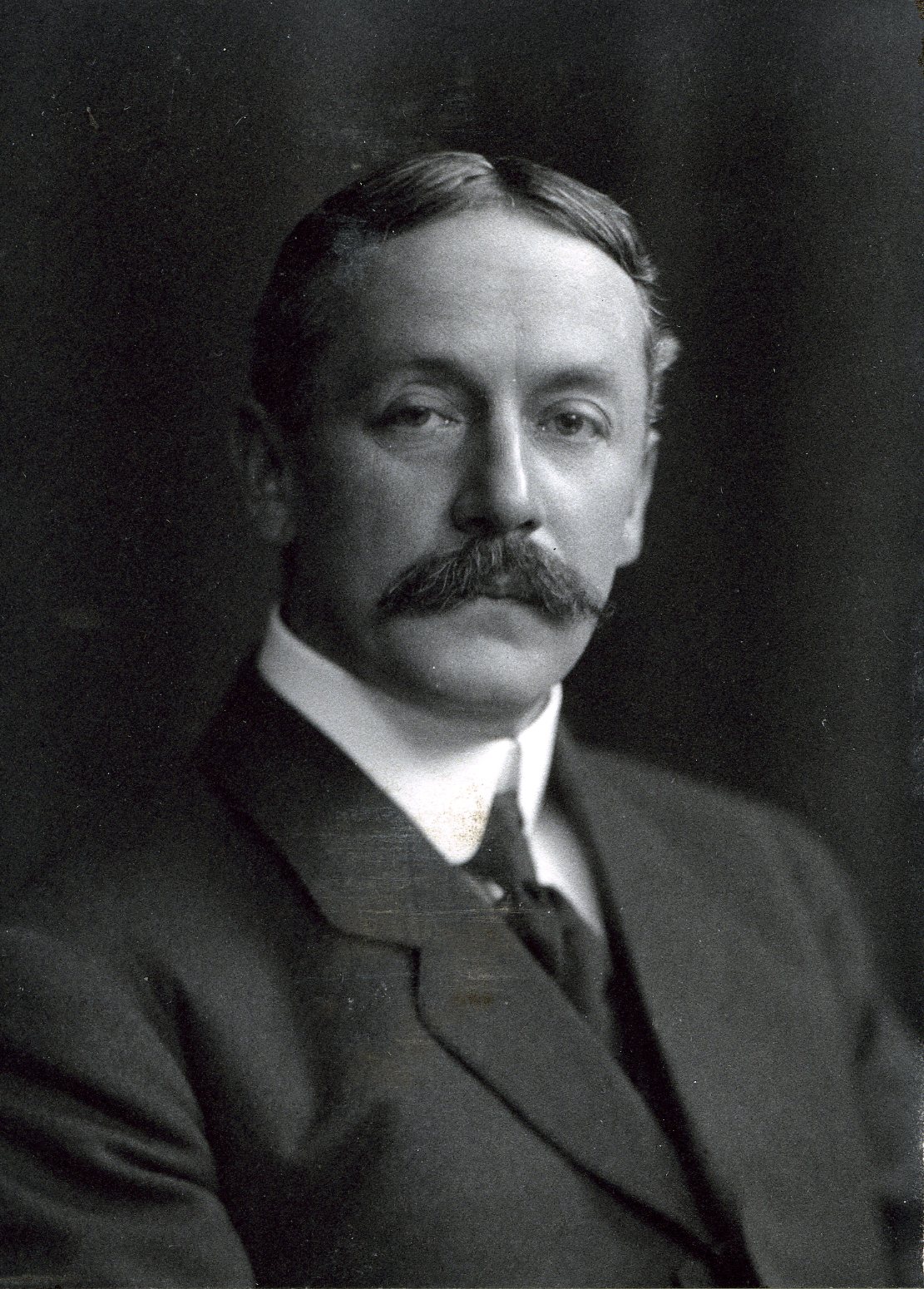Professor of Music
Centurion, 1908–1919
Born 15 September 1863 in Auburndale, Massachusetts
Died 18 December 1919 in Cedarhurst, New York
Buried Saint Marys Cemetery , Newton Lower Falls, Massachusetts
, Newton Lower Falls, Massachusetts
Proposed by Frank H. Damrosch and John F. Weir
Elected 4 April 1908 at age forty-four
Proposer of:
Century Memorial
With the general public, Horatio Parker will undoubtedly be best remembered for his opera of “Mona,” which was presented in 1911 at the Metropolitan Opera House and received the ten thousand dollar prize for the best operatic work of American composition. A similar prize in another competition was won by his opera “Fairyland,” produced in San Francisco two years later. But his musical repute does not rest on these efforts. His operas are already forgotten; the theater was in fact wholly foreign to his artistic bent, and when he entered that field, he did so with purposes impossible of realization. His theory, that the supremacy of the purely lyric element in opera was wrong, led him into a hopeless experiment with the musical drama and a hopeless challenge to the public’s taste. Parker’s true talents were disclosed in his choral compositions, of which “Hora Novissima” will always be accepted as the best. His “Adstant Angelorum Chori,” a motet which won the Musical Art Society prize in 1899, his “Legend of St. Christopher,” and his “Star Song,” constitute his true claim to musical remembrance.
He was a man of retiring but far from unsociable habit; delicately modest and unassertive. But he had a very wholesome enjoyment of the fellowship of men of cheerful spirit and cultivated intelligence; he was a well-read man, not a musical hermit, and his conversation was expansive in perfectly harmonious company. He made friends who remained friends, largely because they instinctively felt that the man himself was substantial and to be depended upon. Those who knew him long and well had for him not only admiration, but affection.
Alexander Dana Noyes
1920 Century Association Yearbook

